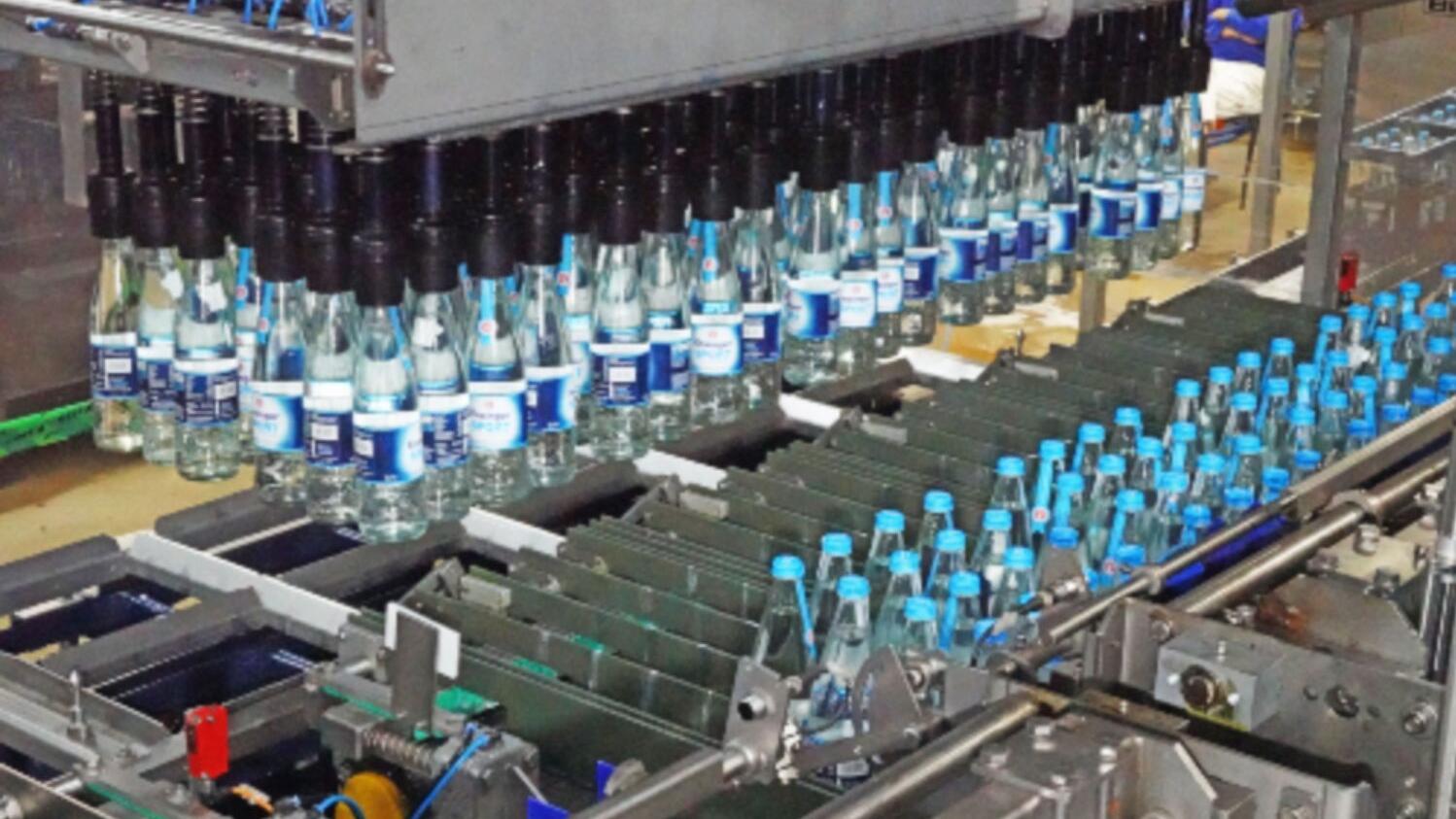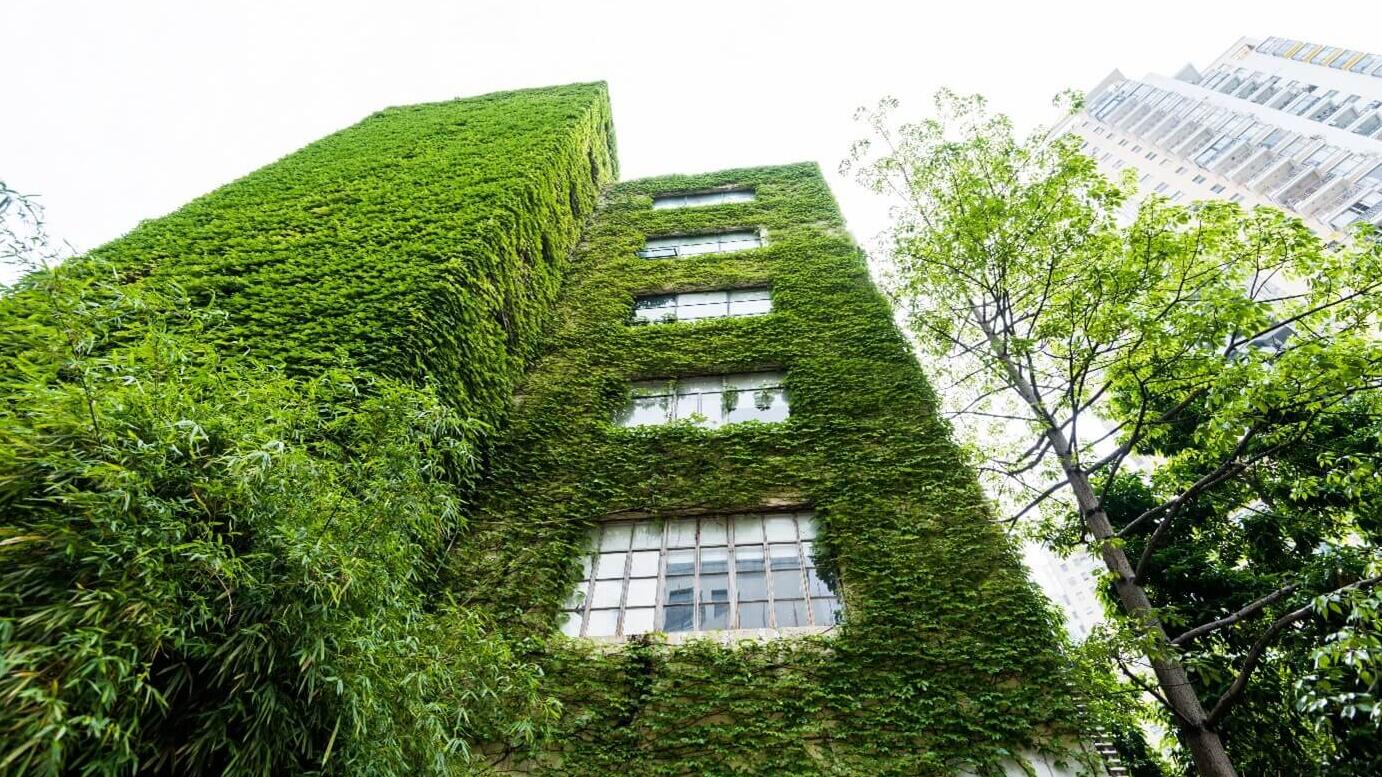 Renewable Energy
Renewable EnergyRenewable Energy
The SUPER-HEERO project aims to provide a replicable financial scheme for energy efficiency investment in small and medium supermarkets. It starts from a high-level analysis of typical supermarkets energy systems and equipment, to create a catalogue with the most relevant and easy to replicate energy efficiency measures for supermarkets. The catalogue of measures is identified as a result of a five-step process. Six key areas for energy management are identified. For each area, a number of potential energy efficiency actions are identified. In the next months, the guidelines for the implementation of the selected measures will be published, together with a case study of the key areas.
Read Full articlePROCURE SELECTS 3 INNOVATIVE APPROACHES
ProcuRE launched the first out of three phases towards reaching its goal. Six procurers from Slovenia, Spain, Germany, Portugal, Israel, and Turkey selected three innovative Renovation Approaches. The Call for Tenders was released on 24 November 2021.
Read Full articleA systems approach to energy end use
The optimization of energy use in buildings and industry requires a systems approach to harvest its full potential. This idea is winning ground, as it is shown by the proposal of the ITRE committee of the European Parliament to include a definition of ‘system efficiency'.
Read Full articleBuilding a greener future one SME at a time
The construction sector is leaving more than buildings behind it. Interventions aiming to reduce or optimise the energy use of this industry would help us leave a better mark on the planet.
Read Full articleFeeding the world, preserving the planet
Ensinger Mineral-Heilquellen, which has been selling bottled mineral water since 1952, has implemented further energy-saving measures, such as a continuous energy monitoring system.
Read Full articleSupport for SME to finance energy efficiency measures
EEFIG has been working with the financial community and relevant stakeholders to accelerate private finance to energy efficiency. The DEESME project summarises experience and strategies for the creation of support mechanisms, handling limited human resources and guiding SMEs to actions also contributing to reducing imports of fossil fuels from unreliable sources.
Read Full articleTraining, development of corporate policies and energy audits, keys to the success of energy efficiency measures in SMEs
European Energy Efficiency Directive (EED) requires Member States to establish national incentives to help SMEs carry out energy audits. Currently only 25% of SMEs in Europe have undertaken an energy audit.
Read Full articleFacade greening - "Good for the environment and the feel-good factor".
Planted facades and roofs are not only visually eye-catching, they also improve the urban climate. Intense sunlight, high temperatures and a high degree of density in cities promote the so-called heat island effect. Green roofs largely manage without irrigation.
Read Full articleInternational recognized sustainable Energy Management System (EnMS): ISO 50001
In the Energy-Climate era of today, the challenge of energy consumption is the greatest problem faced by humanity in its history. The majority of environmental problems arise from the types of energy we use, and the increasing burning of fossil fuels accelerates climate change.
Read Full articleEU Fit for 55 package: a good fit for companies performing energy management systems and energy audits?
The European Commission circulated a new set of proposals called ‘Fit for 55’ It aims to deliver the 2030 climate change targets and coping with the highly popular EU Green Deal. The proposed package actively contributes to raise the level of ambition of the EU.
Read Full article








